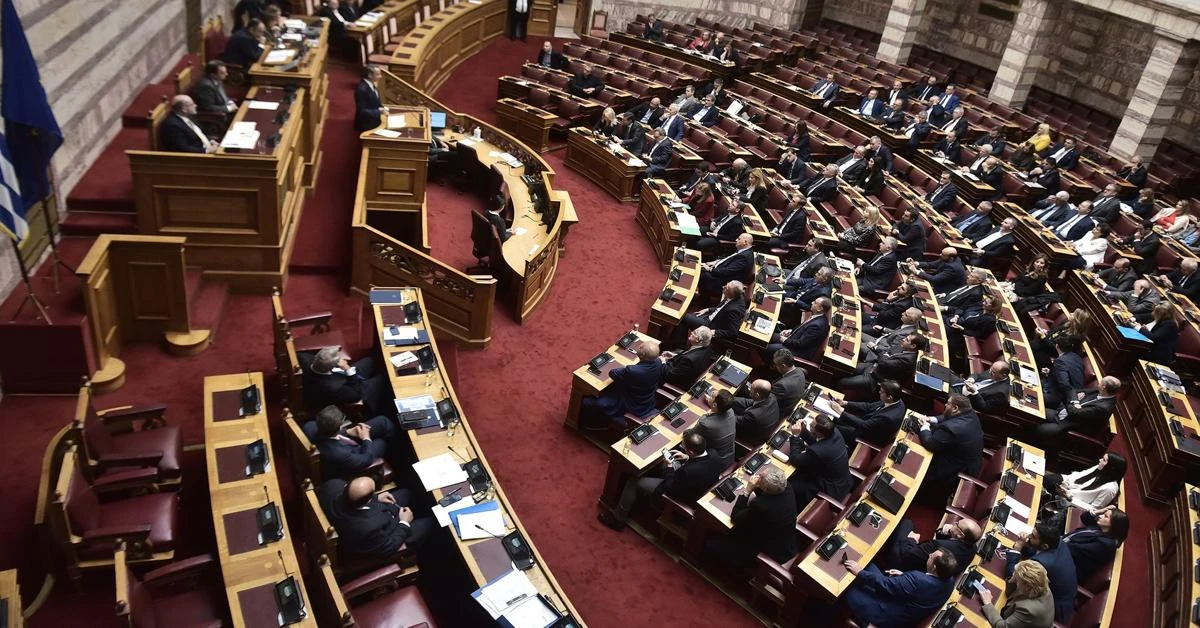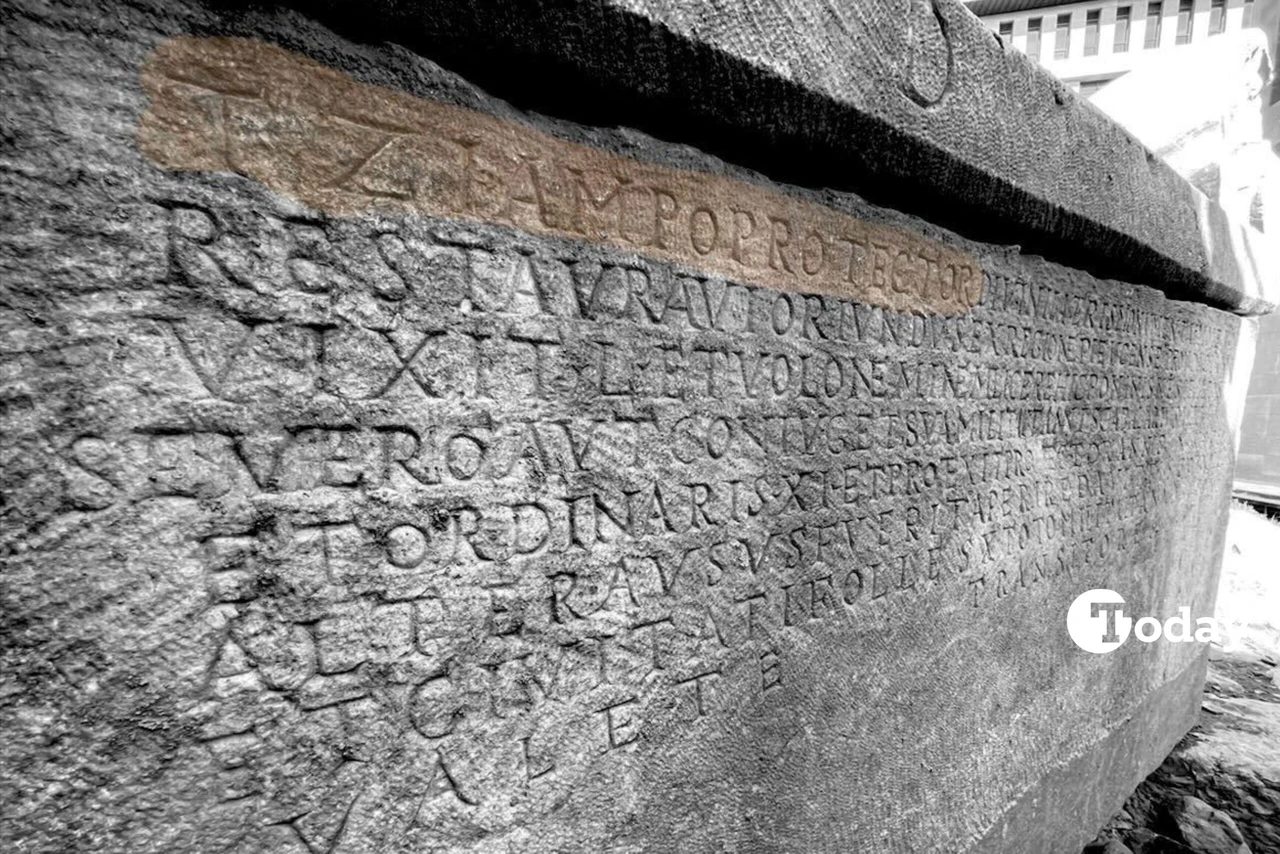Tempi train tragedy escalates to no-confidence vote in Greek parliament

On Tuesday, the Greek parliament will witness heated debates as the opposition, spearheaded by PASOK, files a no-confidence motion against the government.
This action rekindles the controversy over the tragic rail accident in Tempi.
Opposition parties, including SYRIZA, KKE, New Left, and Plefsi Eleftherias, rally around PASOK’s initiative, echoing the concerns raised by its leader, Nikos Androulakis.
In a direct response, government spokesperson Pavlos Marinakis criticizes the opposition, labeling their actions as an “anti-government campaign” and accusing them of trying to destabilize the situation.
He also suggests a link between the opposition’s efforts and “organized economic interests.” The government prepares to robustly counter these moves in parliament, indicating a highly contentious session ahead.
Amidst this turmoil, Prime Minister Kyriakos Mitsotakis, having just returned from Canada, remains silent on the issue. The precise schedule for the debate and the vote on the no-confidence motion is still unclear, but the stakes are high, especially with the European elections on the horizon.
PASOK leader Nikos Androulakis offers a forceful statement: “Today’s revelations prove that the Tempi crime is a continuous crime. It’s outrageous that, as 57 people tragically lost their lives, some prioritized altering and forging the stationmaster’s communications before even the Police and Justice could intervene.”
He added, “We are facing a ruthless power circle that tramples on human rights and undermines the rule of law. Hence, the only path forward is the motion of no-confidence.”
The opposition demands immediate action. SYRIZA’s Stefano Kasselaki calls for Mitsotakis’ resignation and suggests the presence of international observers in the upcoming elections. PASOK spokesperson Dimitris Mantzos criticizes such proposals as incomprehensible and outside normal institutional processes.
The Greek parliament’s regulations mandate that parliamentary activities are suspended for two days following the submission of a no-confidence motion unless the government demands immediate discussion.
The debate should start two days post-submission and end with a roll-call vote within three days. Achieving a majority of 151 votes is necessary to pass the motion.
This latest development signifies a critical juncture in Greek politics, with deep divisions laid bare and the shadow of a national tragedy influencing the political discourse.
The unfolding debate in the Greek parliament is not just about the government’s fate but also about shaping Greece’s political landscape in the face of upcoming elections.



